Plant Food Elements
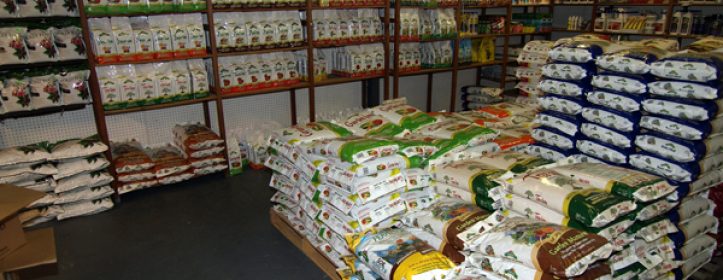
There are certain plant food elements considered essential to plant growth. Some crops won’t grow at all on some soils without the use of fertilizer, and a drastic deficiency of only one plant food element can prevent growth or reduce growth to unsatisfactory levels.
Nitrogen Promotes leaf, stem and root growth. Improves quality and color of leaves. Increases protein content of plant. Enhances survival of vital soil organisms.
Phosphorous Stimulates quick root formation and growth. Provides a rapid and vigorous start to plants. Stimulates blooming and seed formation. Hastens maturity of plants and imparts winter-hardiness to fall seedings.
Potash Provides vigor and disease resistance to plants. Essential to the formation and transfer of starches, sugars, and oils. Enhances development of root system. Helps regulate cell water content (increases drought resistance).
Calcium Provided by liming, calcium promotes early root growth, improves intake of other plant food elements, and neutralizes waste produced in the plant.
Magnesium An essential part of chlorophyll, magnesium is necessary for the formation of sugar, regulates uptake of other food elements, is a carrier of phosphorous, promotes formation of oils and fats, and aids in the translocation of starch.
Sulfur Promotes vigorous root growth, helps maintain dark green color.
Boron Improves quality and yield, aids in calcium utilization. Vital on muck soils.
Copper Stimulates growth as a catalyst of the enzyme system. Helps prevent chlorosis.
Iron Oxygen carrier, vital to formation of chlorophyll, helps prevent chlorosis.
Manganese Increases use of calcium, magnesium, and phosphorous. Promotes soil oxidation. Aids in photosynthesis and synthesis of chlorophyll.
Molybdenum Reduces nitrates during formation of amino acids and proteins.
Zinc Necessary for normal chlorophyll production and growth.
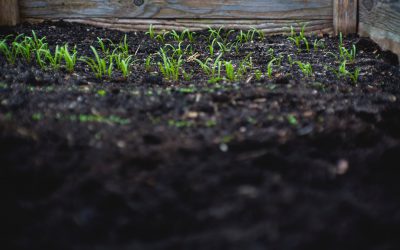
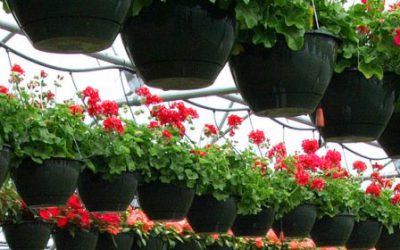



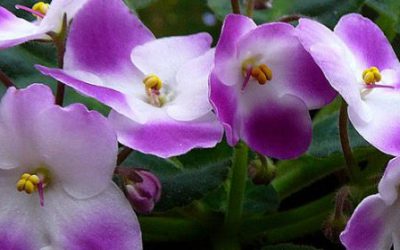
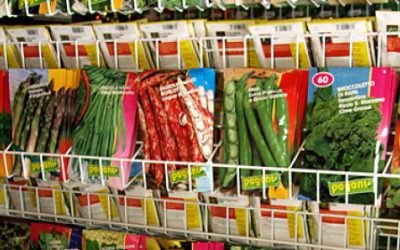
Recent Comments